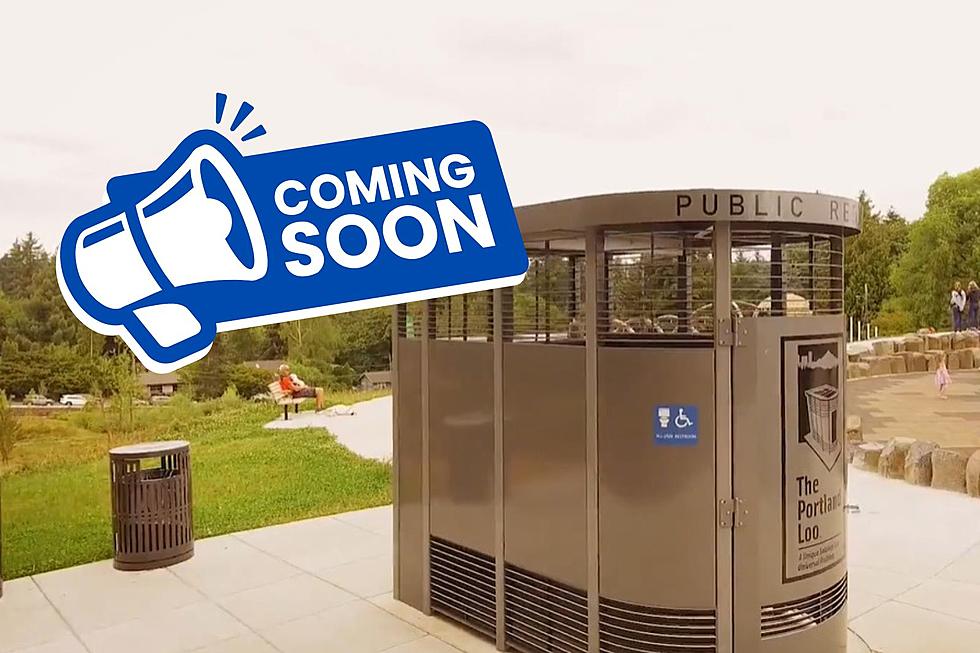
Bark At the Park Cancelled Amid Parvo Outbreak In Downtown Kalamazoo
UPDATE: We've received accurate information regarding the Parvo situation in Downtown Kalamazoo from the SPCA of SWMI:
At this time, based on the information gathered from those actively onsite at the encampment, a total of three dogs have passed away. There is also no evidence to support that any dogs have been disposed of in the Kalamazoo River. Currently, no dogs are showing clinical signs of parvovirus. However, we know that can, and will, likely change as the virus can live for years on contaminated surfaces.
Although a serious situation, they're urging residents not to panic:
We understand that it is incredibly upsetting to know that people in our community with no place to go are in the midst of a devastating crisis involving their canine companions. Parvovirus is thankfully preventable through vaccinations. It is recommended that dogs under six months of age, or not fully vaccinated, should not be taken in public spaces where other dogs may have been. This advice is valid at all times, not just in times of a known outbreak.
The SPCA of Southwest Michigan has cancelled the Bark In The Park event which was supposed to take place Thursday August 26th. The SPCA has recently released information on their decision to cancel the event because of the massive Parvovirus outbreak at the homeless encampment in Downtown Kalamazoo:
After speaking with animal control and getting information on the outbreak, we cannot guarantee the safety of our dogs and the communities pets. We can’t with good conscience have an event that puts our loved ones at risk. If an organization is in need of help with these sick dogs, or a person in need with one, please let us know. We want to help in any way we can.

Do not continue to share information about this situation from unreliable sources. Social media has many benefits, but the amount of misinformation circulating perpetuates panic and hysteria. We can do more good for our community by maintaining level-headedness, ensuring that owned pets are adequately vaccinated, and sharing resources to help the underserved.
Dog-O-Ween 2019
9 Animals That Are, Surprisingly, Legal to Own in Michigan
More From WKFR









